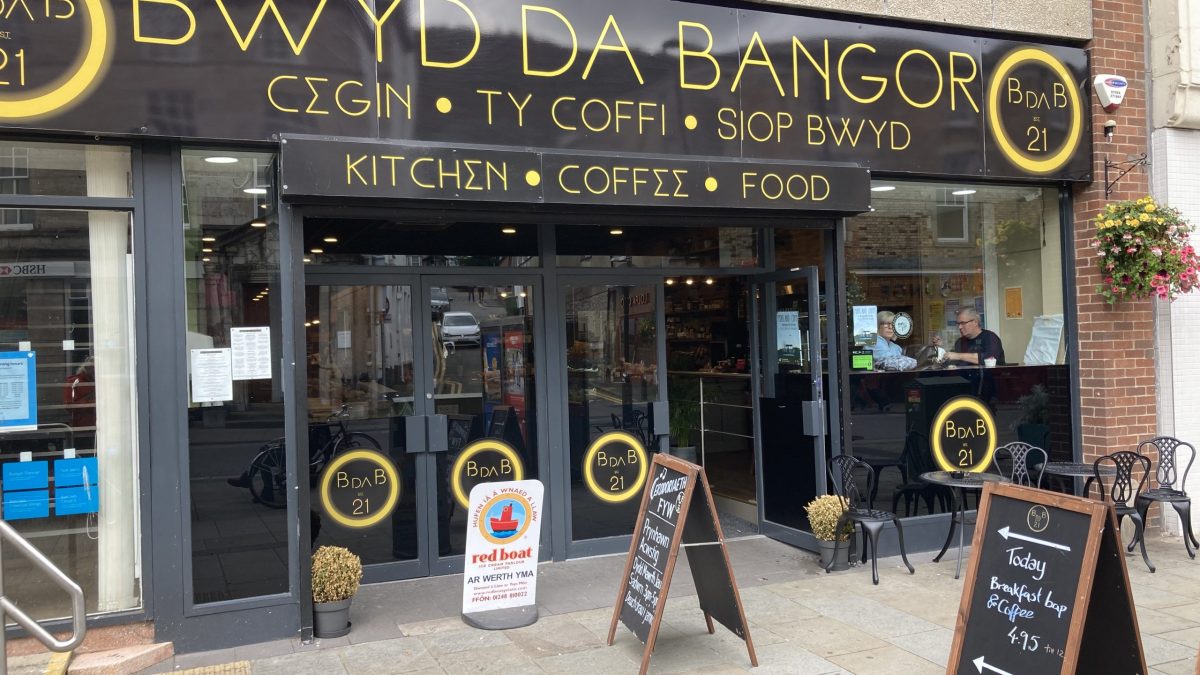I’ve been interviewing James Deakin, Founder of North Wales Recovery Communities (NWRC) in Bangor, North Wales, recently for the recovery book I am currently writing. One of the themes we were discussing was people in recovery from addiction giving back in some way other to those in their local community or further afield. Here is a YouTube Playlist of six film clips focusing on this theme taken from Wulf’s interviews with James. You can also link through to a second related Playlist, which appears in the Themes section of our website, if you wish.
Giving Back, Part 1 [6 films, 12’19”]
James Deakin points out that a major ethos of North Wales Recovery Communities (NWRC) is to be of service to the wider community of Bangor and further afield. He emphasises that the social cost of addiction is huge. ‘One of the great things about recovery is that people actually get well and gain strength by giving their time and efforts away to other people…’
One of the themes behind developing Bwyd Da Bangor (Good Food Bangor), the NWRC cafe/restaurant on the High Street, ‘was to try and be of service to other marginalised communities within the wider community.’ NWRC grows food, through their Growing for Change initiative, which it supplies to a number of local restaurants, as well as Bwyd Da Bangor.
Bwyd Da Bangor is a 40-seat cafe/restaurant which also operates a surplus food club, and provides training and employment opportunities for people with long-term complex barriers to employment.
NWRC responded immediately when Covid arrived to protect their members as best as they could. When lockdown arrived, they started to receive requests for help from the local community, in particular the Maesgeirchen estate, which is classed as one of the ten most deprived areas in Wales.
‘You’ve got probably half-a-dozen ex-alcoholics and ex-drug addict chefs locked in a house together with a massive allotment outside. We just linked in very quickly with all the supermarkets, we were just pulling in a load of surplus food… and just making meals, freezing them, and then delivering them out. And then it just mushroomed and mushroomed…’ They did about 80,000 meals.


